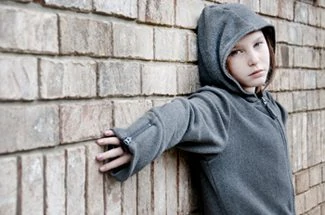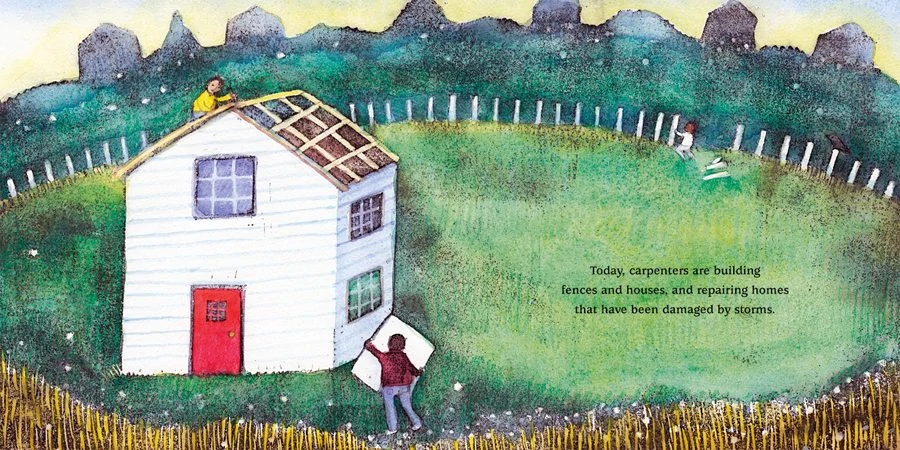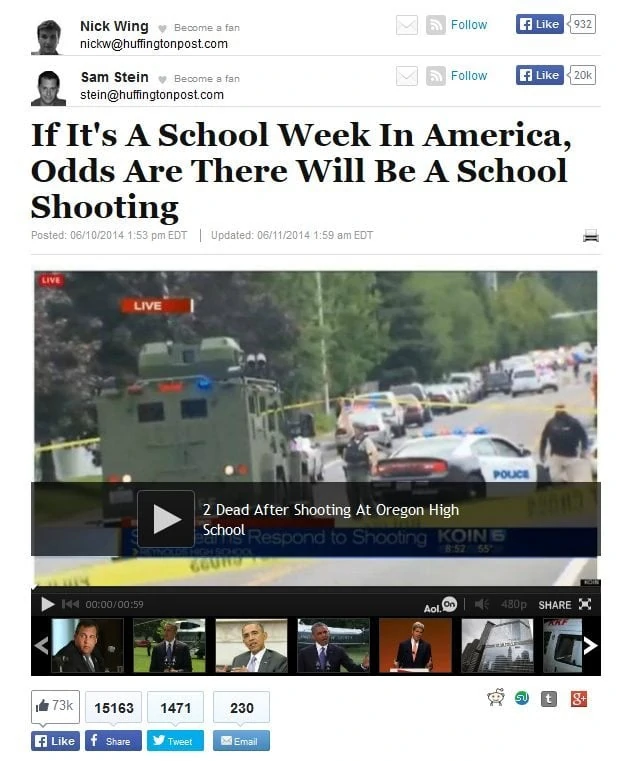A few years ago, after hearing news of another mass shooting, I sat with the principal of the rural elementary school where I worked as a counselor, feeling sad and discouraged. Then he said something I’ve never forgotten: “The children you save never make the headlines.”
His compassionate eyes helped me know his words were true.
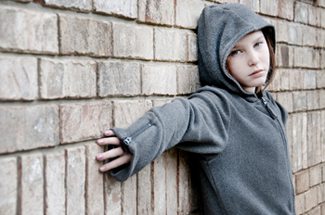
I remembered the time some children decided to play with one of their father’s hunting rifles. Again, one child trusted me and told me about it. We were able to warn the parents and increase awareness of gun safety in that small town.
I thought of the many other times boys and girls had come into my room crying, yelling and releasing their sorrows and trauma. Because they had a place to be heard and understood, they didn’t need to act out.
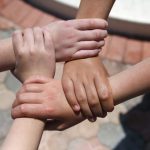
The principal and I used to talk about the Native American idea that when a child is troubled, you don’t reject them; you draw them into the community. You love them more, give them more. They are in need.
We lived by that philosophy in our work. It was challenging, to be sure. There were times when the children in our care needed more than we could provide. We had to find services outside of our district.
And we couldn’t save them all. We lost some to drugs, suicide and mental illness. But we saved countless others, steering their lives away from trouble and towards health and wellness.
When tragedies like the Sandy Hook shooting occur, it’s easy to respond reactively. You start thinking, “How can we keep such a thing from ever happening again?” Yes, we could spend billions to put armed guards in the schools and hope to stop the next shooting.
Or we could proactively help all children — and our society — through things like supporting mental health services, passing common sense gun safety laws and challenging depersonalization and the culture of violence we’re sold through video games and mass media.
We can’t change what happened, but we can grow from it and evolve as a culture. As trauma expert Dr. David Berceli writes,
Once a trauma befalls us we are forced, whether we like it or not, whether we want to or not, to follow its life-altering path. At times, this process often leads us through episodes of helplessness and hopelessness. It can terrify us by unveiling the fragility, precariousness and vulnerability of our humanity. It exposes us to the rawness of life as a living species on this planet. It tears at the very fabric of our identity and radically redefines our view of life. However, it is precisely because this experience has burned the bridges of our past ways of thinking that we are forced into a new way of being in life. The old ways of thinking and relating no longer suffice and a new way of being begins to emerge. We discover that on the other side of this frightening journey we have the potential of emerging into a new life of maturity, compassion and wisdom.
With Love,
Lynea
Additional Resources to Help You in Your Work with Children
-
- Helping Your Child Deal with Traumatic Events
Counselor and author Lynea Gillen shares her years of experience in helping parents, teachers and counselors support children in dealing with traumatic events. - Tools for Grieving Children
Children carry grief in their bodies, hearts and minds in the same way that adults do, but they process it in different ways depending on their age. In this powerful lecture, Lynea Gillen discusses how to create an environment for children that allows them to express their grief through movement, art and story. Yoga Calm activities and children’s books that help with loss are also explored. - How Technology is Shaping Our Brains, Relationships & Sense Self
Technology is changing us — and affecting us at younger and younger ages. Not all of this change is bad, says Doreen Dodgen-McGee, Psy.D., but it’s important to be aware of how it is changing our brains, relationships and sense of self. Recorded at Yoga Calm’s 2012 Oregon Summer Intensive. - Good People Everywhere Blog
Share your stories of the good things people are doing to make the world a better place. - Trauma Release Workshop with Dr. David Berceli, Portland (OR), Feb. 22-24, 2013
For the past 22 years, Dr. David Berceli has worked in war-torn countries and disaster relief areas around the world. His simple methods of tension and trauma relief can effectively be used individually, for large scale relief operations and in private mental health practice. Join us for this unique gathering of innovative professionals and passionate community members who are working together to expand our approach to trauma.
- Helping Your Child Deal with Traumatic Events

